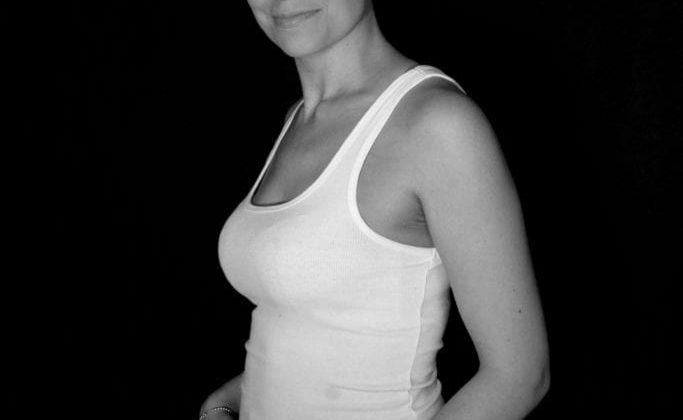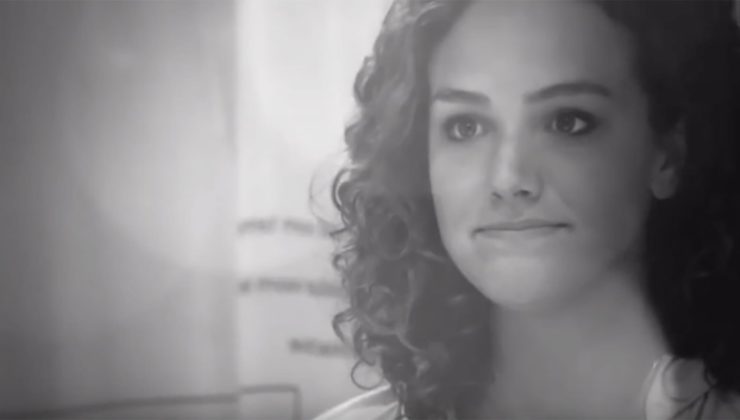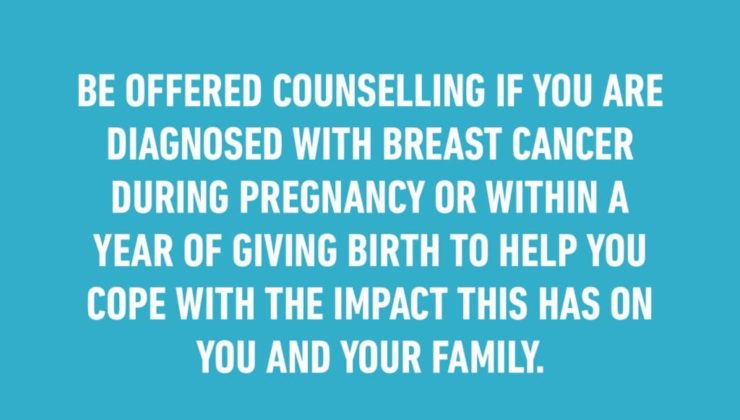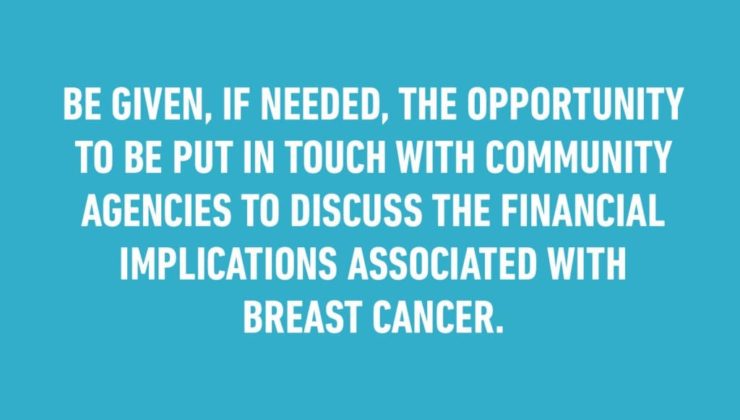Women in Breast Cancer History
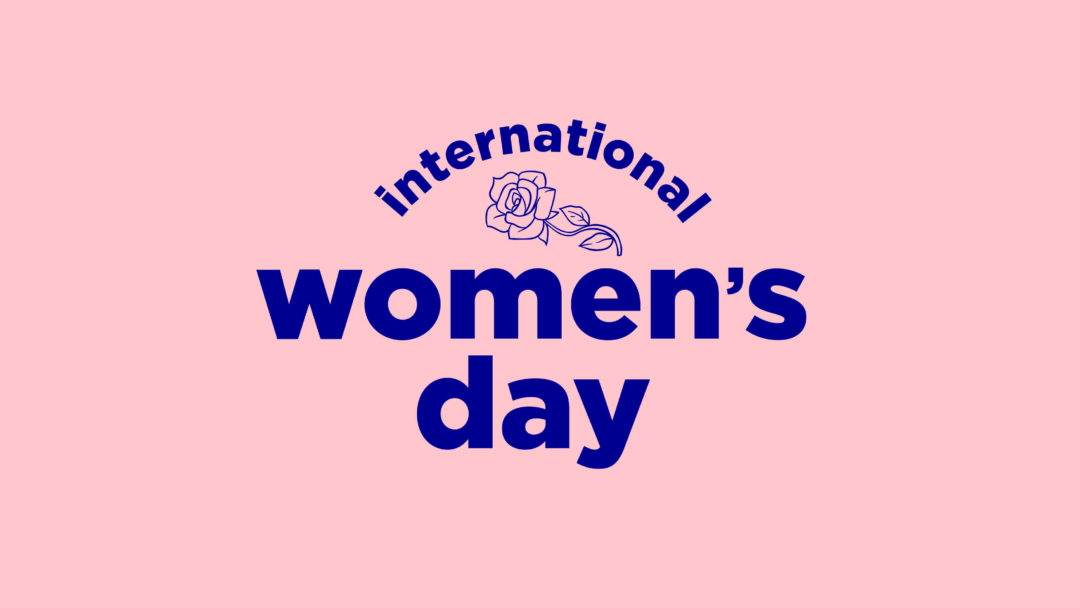
Did you know that it wasn’t until the 20th century that breast cancer was even talked about? How about that in some European countries, families of patients were told of the diagnosis so as not to put strain on the patient? Yes, breast cancer as a whole has come a long way since.
Women have always played a prominent role in the breast cancer landscape and we’re shining the spotlight on some of the key changemakers in history. We can only assume that it was so women today can have better treatment, education, support, advocacy and research. Here’s to these strong women.

Marie Curie
On April 20, 1902, Marie Curie, along with her husband, successfully isolated radium in their laboratory in Paris. One year later, they would share the Nobel Prize in physics with French scientist A. Henri Becquerel for their ground-breaking investigations of radioactivity. It wasn’t long until radium was used in cancer treatment.
Shirley Temple Black
Shirley Temple Black, the famous ringleted childhood star and drink namesake, was diagnosed with breast cancer in 1972. As the first public figure to write about her experience in a women’s magazine, her message emphasized her right to decide what was done to her body and her choice to have a biopsy prior to any needed treatment. She said, “The doctor can make the incision; I’ll make the decision,” empowered women to question their previously passive role in the patient–physician relationship.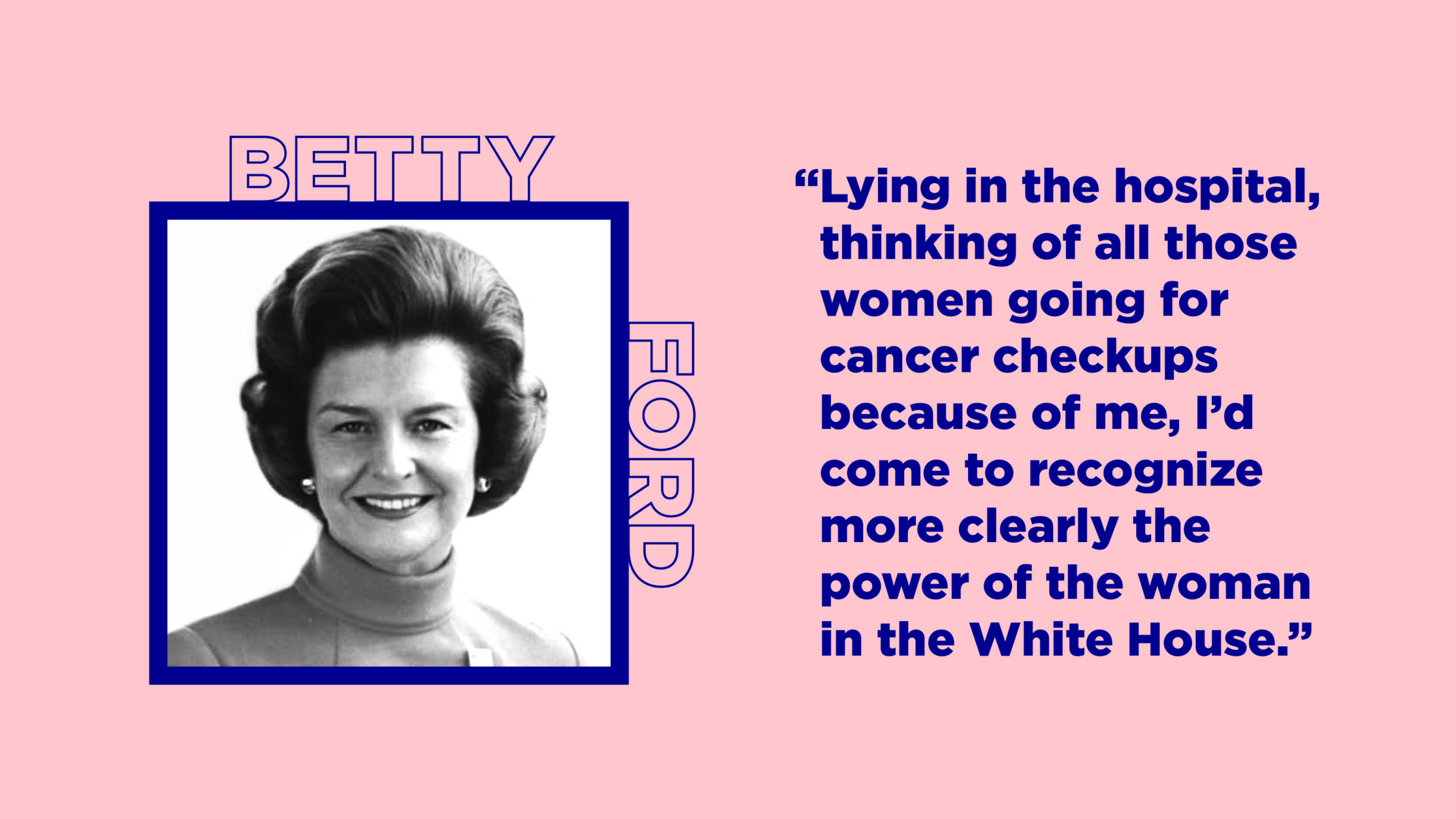
Betty Ford
In 1974, two prominent women — Betty Ford and Margaretta (Happy) Rockefeller — went public with their diagnoses of breast cancer, making history at a time when people weren’t sharing their stories with the disease. Thanks to their national television appearances documenting their experiences, broad conversations around early detection started to bloom.
Susan Sontag
In 1978 Susan Sontag, American writer, filmmaker, philosopher, teacher, and political activist wrote Illness as Metaphor, which touched on many important facets of being a cancer patient. In it, she challenged the victim-blaming in the language often used to describe diseases and patients. Sontag shows cancer for what it is – just a disease. “Cancer patients are lied to, not just because the disease is (or is thought to be) a death sentence, but because it is felt to be obscene — in the original meaning of that word: ill-omened, abominable, repugnant to the senses.”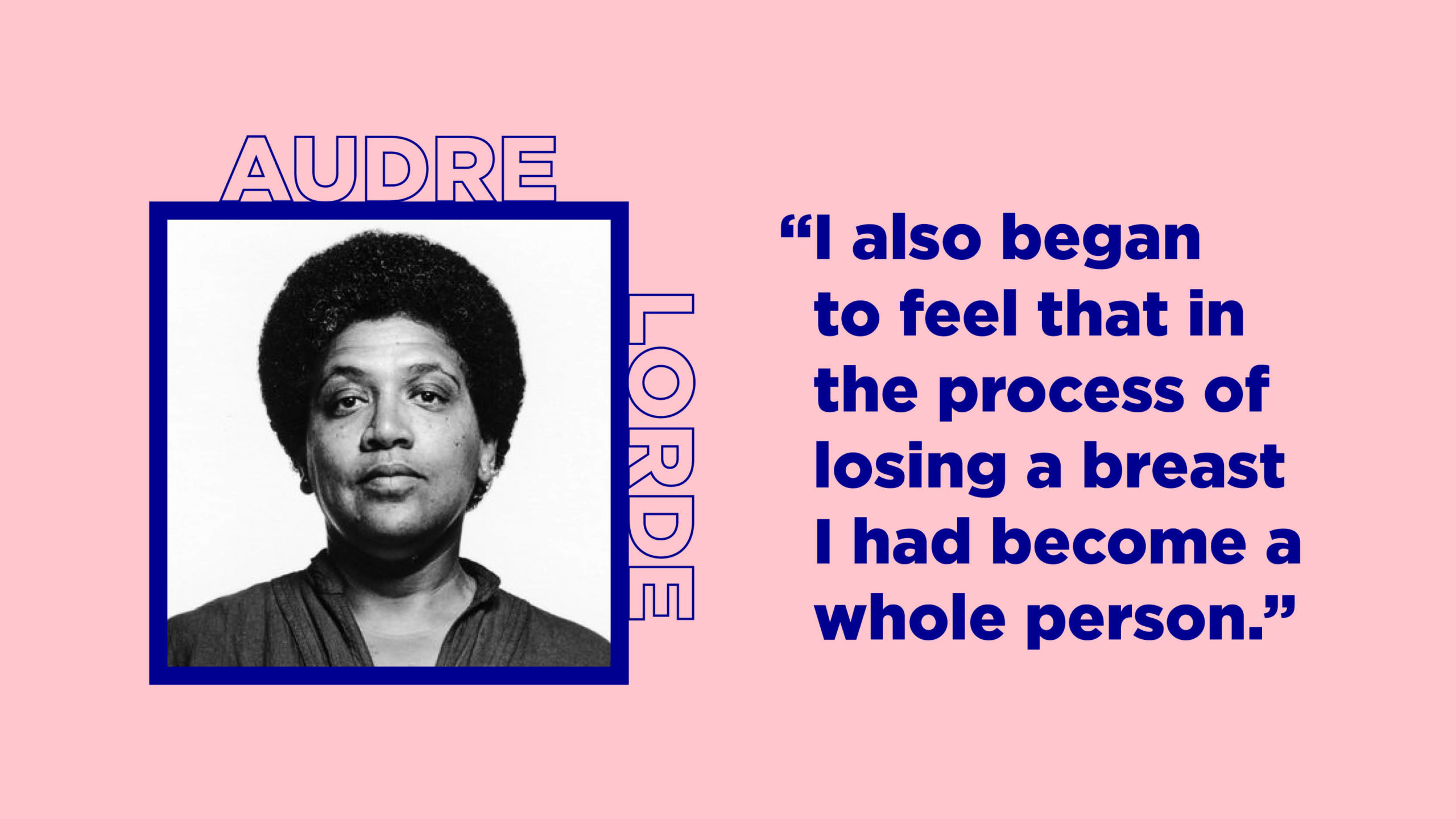
Audre Lorde
Audre Lorde, a Black lesbian poet, penned The Cancer Journals in 1980, a biography which tackled her experience with a breast cancer diagnosis and mastectomy at age 44. Her book openly criticized the societal views of the disease as well as the silence that surrounds it. It was also one of the first few biographies written by a non-white non-heterosexual woman.
Evelyn Lauder
Evelyn Lauder was diagnosed with early-stage breast cancer and chose to channel her experience into action. In 1989 she helped establish a state-of the-art breast and diagnostic center at New York’s Memorial Sloan Kettering Cancer Center, where she was a board member. The facility, known today as the Evelyn H. Lauder Breast Center, set a new global standard for cancer care offering the most up-to-date prevention, diagnosis and treatment services. In that same year, Mrs. Lauder created the signature pink ribbon with Alexandra Penney, then editor of SELF and launched the Breast Cancer Awareness campaign within The Estée Lauder Companies.
Susan Love
Dubbed the mother of breast cancer research, Susan Love, is a well-known surgeon, author, lecturer, activist, patient advocate + cancer survivor who has made it her mission to challenge the norms of the medical world when it came to breast cancer and its treatment. Her work in public education and advocacy empowered people to fundraise for much-needed research. In addition to her scientific and popular books on breast cancer and the menopause, she co-founded the National Breast Cancer Coalition to help breast cancer patients and their supporters campaign for action, advances, and change.
Fran Visco
In 1992, Fran Visco, a Philadelphia-based breast cancer survivor and attorney, became the first president of the National Breast Cancer Coalition (NBCC). She is credited for her work to advocate for breast cancer research and awareness. In 1992, The NBCC asked scientists how much money it would take to eradicate the disease. The coalition determined (based on the hearings and other considerations) was $300 million more than the funds already allocated for breast cancer research. This led to the U.S. Department of Defense supporting breast cancer research, which was considered controversial and unusual at the time.
Rose Kushner
Rose Kushner, a journalist and author whose breast cancer diagnosis inspired her to advocate for women to get educated before deciding on treatment, including the one-step radical mastectomy and later, the lumpectomy. She wrote several books including Why Me? What Every Woman Should Know About Breast Cancer to Save Her Life and became a member of the National Cancer Advisory Board in the US.
Matuschka
On August 15, 1993, artist and activist Joanne Motichka (who went by the name Matuschka) appeared on the cover of The New York Times Magazine, making history showing her single-mastectomy-scar alongside a headline that read, “You Can’t Look Away Anymore.” She was 39 and diagnosed with breast cancer. Along with other 90s advocates, she lobbied for more reach funding and dignity for women in treatment.
Nancy Brinker
As Nancy Brinker’s sister was dying of breast cancer at 36, she made a promise to her that she’d find a cure. With a background in fundraising and $200 cash, she founded the Susan G. Komen Breast Cancer Foundation in 1982, two years before her own diagnosis of breast cancer. The organization, often credited with bringing breast cancer has since raised over $2.2 billion for breast cancer research, education, screening and treatment.
Barbara Ehrenreich
Barbara Ehrenreich is an American author and political activist who penned the article Welcome to Cancerland, appearing in Harper’s in 2001. Calling out the “cult of pink kitsch”, she writes of her own experience of receiving a breast cancer diagnosis at the time. An active participant in the women’s health movement in the 70s and 80s, Ehrenreich empowered and encouraged women to think critically when it came to the medical system.

